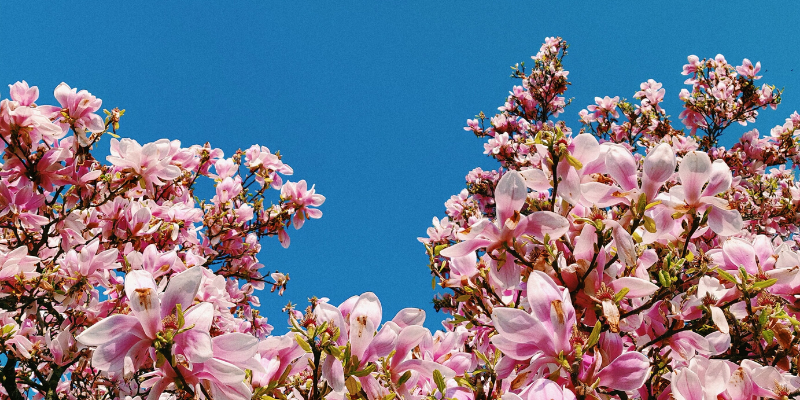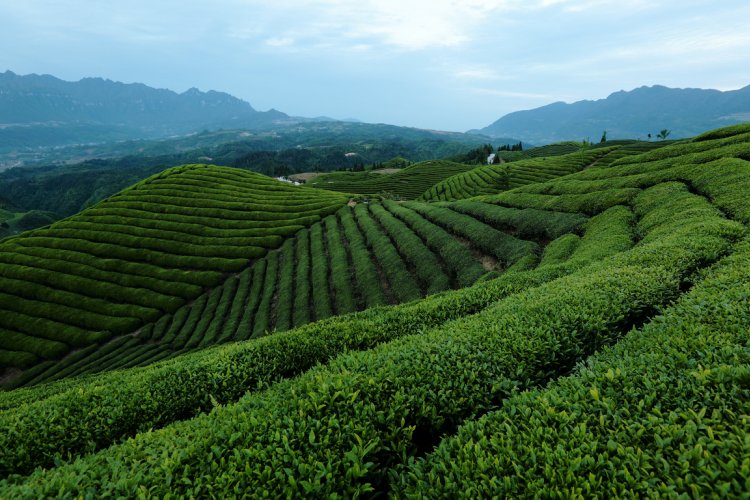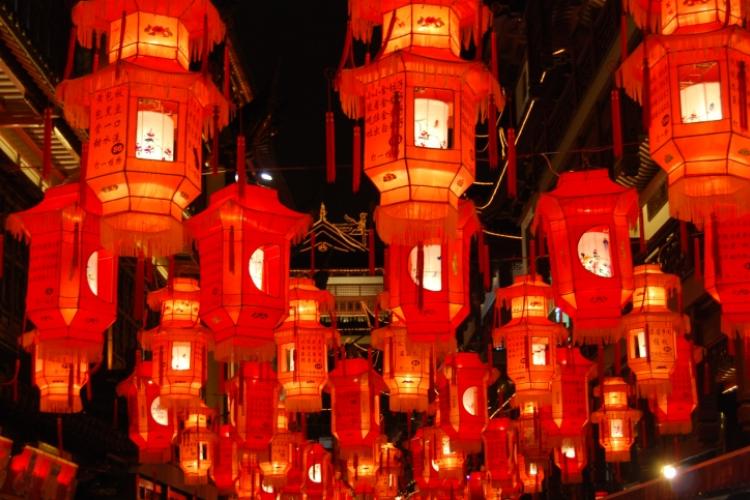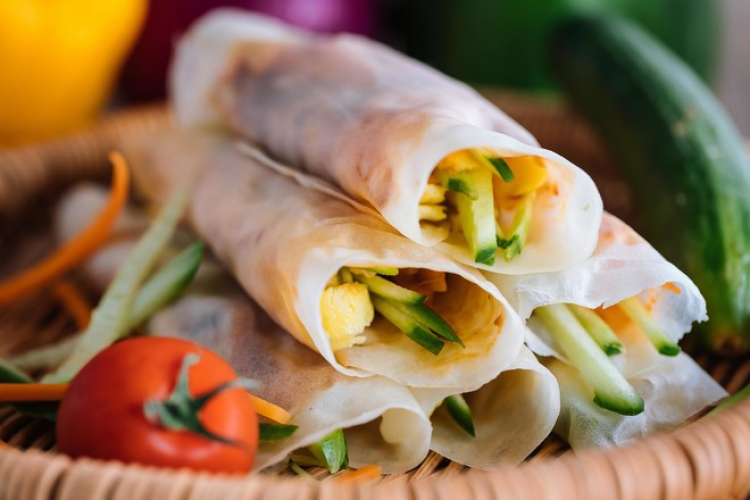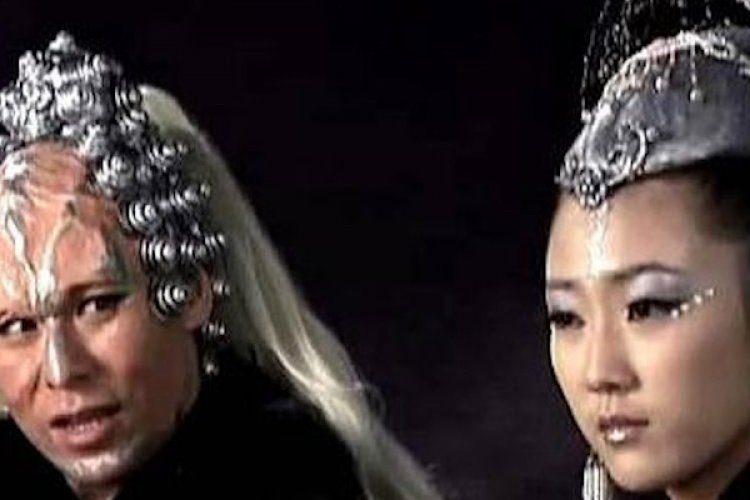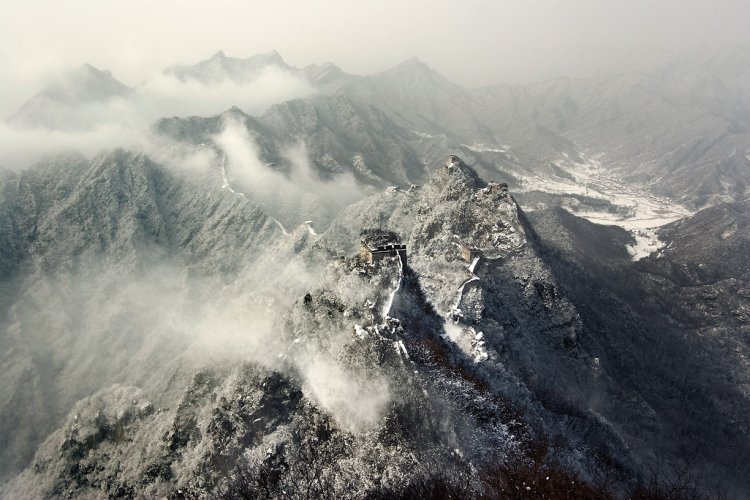Solar Terms 101: Qingming, When Ancestors Are Honored and the World Is Bright and Clear
The traditional Chinese lunar calendar divides the year into 24 节气 jiéqì solar terms based on seasonal changes and natural phenomenon. They play an important role in guiding agricultural activities, even to this day. But even city-dwellers like us can enjoy them. Each solar term has its own associated customs, traditions, and even recipes. In Solar Terms 101, we delve into what makes each one special...
Name of the solar term: 清明 qīngmíng lit. 'clear and bright.' Also known as Tomb-Sweeping Day.
Gregorian date: Apr 4 +/- a day (Apr 4, 2024)
What is Qingming all about?
Qingming is one of the big festivals in the Chinese calendar, and one of only four traditional festivals that are granted a one-day holiday. The festival occurs when the solar longitude reaches 15 degrees, a time that is reflected in the name: 清 qīng, meaning 'clear' and 明 míng, meaning 'bright.' It, therefore, reflects a season when any remaining snow melts and drizzling spring rains wash away the dust from the previous year, making the world bright and clear again. At the same time, yang (positive/active/male) energy rises up from the ground and yin (negative/passive/female) energy subsides.
Qingming is fundamentally a day to honor ancestors. The associated Tomb-Sweeping Day is traditionally commemorated by people visiting and tidying family graves, celebrating ancestors through quiet and solemn gatherings as well as burning paper (more on that below). Even for those unable to visit graves, Qingming represents an opportunity to reflect and remember loved ones who have passed.
Tomb-sweeping, freshwater bathing, cold food, and fire
While commemorating ancestors is fundamental to Qingming, other traditions have also taken hold throughout history and vary from region to region. Over the years, the holiday has absorbed the customs of two other festivals: 上巳节 shàngsì jié and 寒食节 hánshí jié, which take place around the same time. On Shangsi Festival, people used to head into nature, bathing in rivers and picnicking in a world reawakened by spring.
On Hanshi Festival, people were required to only eat cold food and refrain from lighting fires. The idea behind these rituals were bid farewell to the "old fire" that had been burning throughout the previous year and usher in the new warmth.

Speaking of fire, on Qingming, people traditionally also practice 烧纸 shāozhǐ, literally "burning paper." According to this custom, bundles of coarse bamboo-based "joss" paper (often printed as ersatz "ghost" or "hell" money) as well as paper renditions of worldly objects, are burned as an offering to deceased family members so that they can better enjoy the afterlife. You can read more about that tradition here.
What to eat on Qingming
As we all know, no festival in China can exist without a specific delicacy to be enjoyed on that day. For Qingming, the signature snack is 青团 qīng tuán, balls of sticky rice dyed green with seasonal herbs to represent the color and fragrance of spring. Traditionally, wormwood was used to create the green coloring (artemisia absinthium) but nowadays, spinach is commonly substituted.
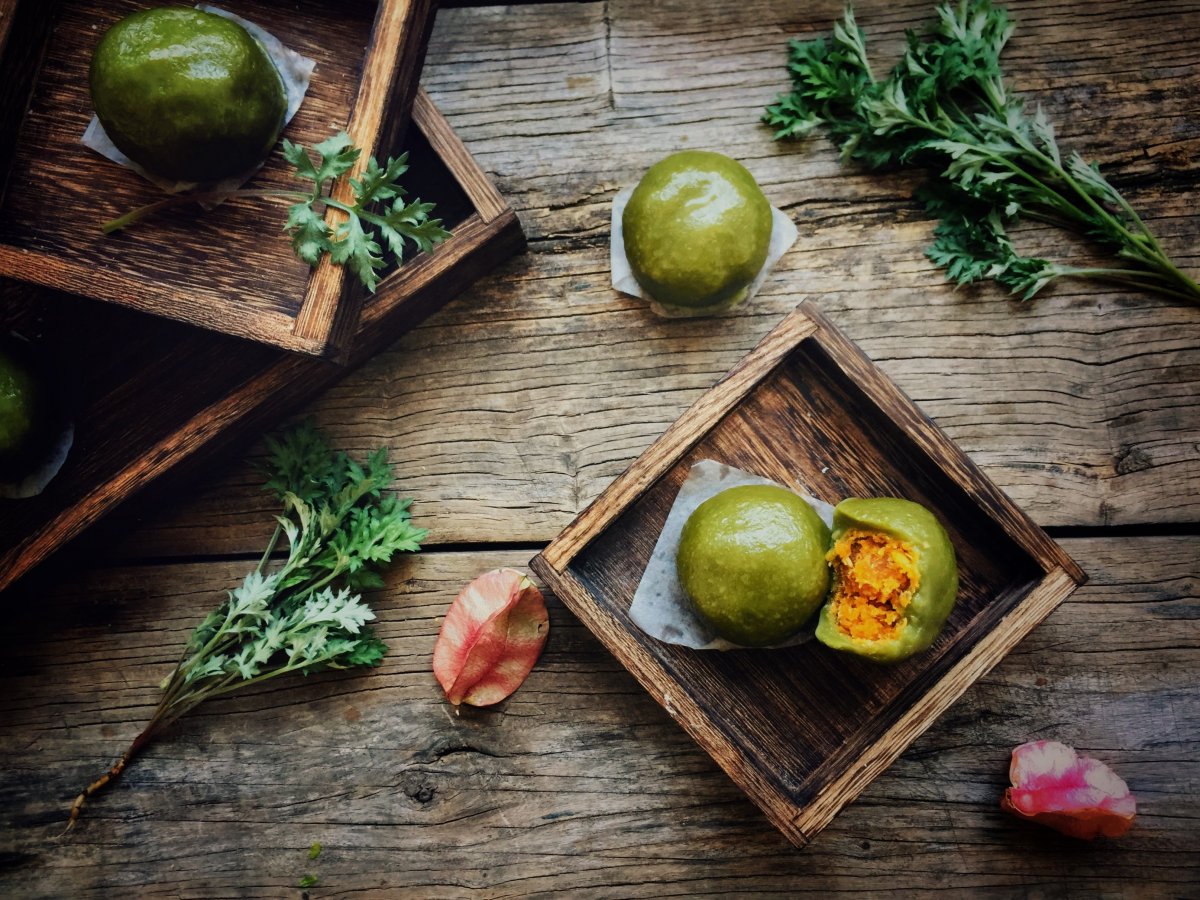
Like many other traditional Chinese snacks, qing tuan can be either sweet or savory, so it's time to pick your tribe: sweet with red bean paste or salty with egg yolk and ground meat. You can easily get some at time-honored bakery Daoxiangcun (稻香村 dàoxiāngcūn) or order them online. If you want to try your hand at making them yourself, click here for a recipe complete with an in-depth historical notes.
READ: Celebrate Spring Equinox With Sacrifices, Spring Rolls, and a Game of Standing Eggs
Image: Anton Lecock (via Unsplash), zhouyizhanbu.com, douguo.com

